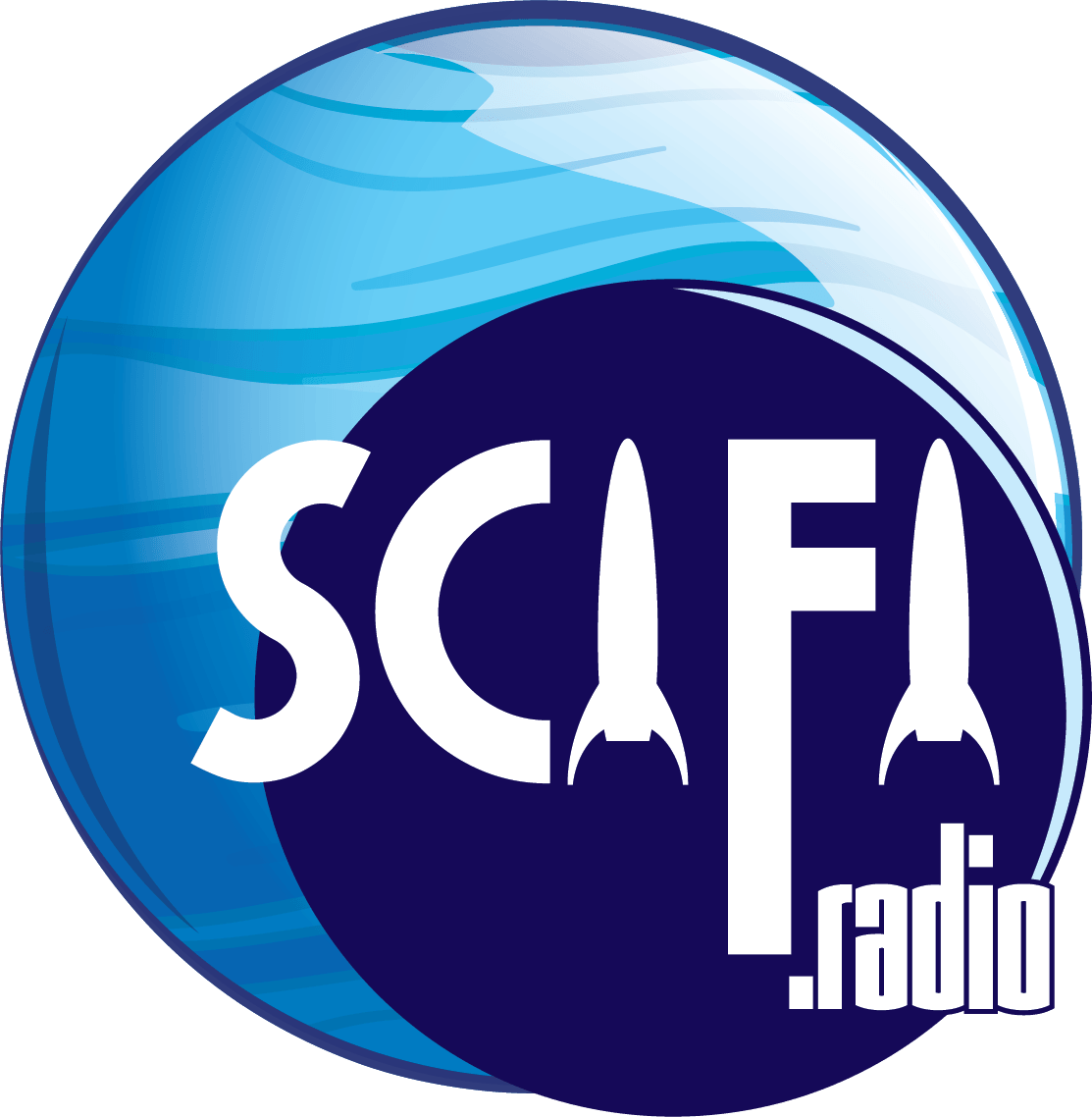
Comic-Con International sued Salt Lake Comic Con over its name.
On Friday, a jury returned a verdict on San Diego Comic-Con’s (SDCC) trademark lawsuit. The suit was filed by SDCC, on behalf of its parent company,Comic Con International (CCI). Legal proceedings began moving forward in early July after negotiations broke down. It contended that the owners of the Salt Lake Comic Con (SLCC) infringed upon the name “Comic Con”. It also alleged that they willfully implied that the two conventions were connected and $12 million in damages were sought to pay for “corrective advertising.”
After three years of legal maneuvering and a relatively quick trial the six-person jury found in favor of San Diego. However, it did not find the infringement “willful” and awarded only $20,000. This amount is less than the legal expenses put into the case.
Wrath of Comic-Con
The lawsuit initially began with a Cease and Desist sent to in August of 2014 after SLCC promoted their event in the Gaslamp District outside of that year’s San Diego Comic Convention. The Gaslamp is the location of the restaurants serving the convention goers. It is also the location of overflow events and some businesses are rented out for the week to host parties for attendees. Among the promotional activities cited by SDCC’s complaint was the SLCC branded car driven though the Gaslamp promoting “Comic Con Comes to Salt Lake”. In response, Dan Farr Productions and Bryan Brandenburg, the organizers of the Salt Lake City event, chose to attack the legality of the “Comic-Con” trademark. They noted that CCI was forced to withdraw an earlier claim for “Comic Con” (without the hyphen). Once SDCC proceeded to file suit, their complaint noted that the pair were “seeking to deliberately create confusion between the two events.”
Off and on negotiations took place during the next two years. At the same time, the duo waged a social media campaign portraying their fight as “David vs. Goliath”. It was revealed in court that Farr and Brandenburg had voted themselves $225,000 each as bonuses while running the campaign to fundraise for their legal defense. While successful in portraying their version of events, the presiding judge issued a gag order that was later overturned on 1st Amendment grounds.
SLCC’s primary line of defense was the lack of a hyphen in their name and the existence of 140 other conventions using similar names without apparent enforcement by San Diego Comic-Con or Comic Con International. However, in light of their 2014 actions and poor legal understanding, Farr and Brandenburg proved to be the test case that SDCC was looking for to enforce their trademark claims. Emails revealed that the use of the name was a deliberate choice, boasting that they were trying to “hijack” San Diego’s notoriety to boost their own show. Additionally, Brandenburg’s statements to the media were used against him in the August 2014 filing and in the trial. In a 2013 interview he was quoted as planning to “leverage the name and experience associated with other giant cons, including the industry’s mega show, Comic-Con International.”
A verdict divided
The four men, two women jury (a seventh juror was unable to return to court due to the wildfires) reached its verdict on the 8th day of the trial after nine hours of deliberation. While it found that SLCC infringed on San Diego’s trademark, they did not do so willfully. This is despite Brandenburg sworn testimony that he was well aware of SDCC’s use of the trademark. Further, it upheld CCI’s “eye” logo and it’s name “Comic Con International”. These two were not challenged in the suit, but in upholding “Comic Con”, the jury upheld the others, as well.
The summary of the jury’s findings in the order they were read out are:
- San Diego Comic-Con owns the mark and that the SLCC used it without permission.
- The mark “Comic Con International” is valid and owned by San Diego Comic-Con, and that SLCC infringed, using the phrase “comic con” without permission.
- The same is found for the eye logo, finding that Dan Farr and Bryan Brandenburg, as individuals, and their company, Dan Farr Productions, used the trademarks without permission.
- San Diego Comic-Con is entitled to $20,000 damages to pay for “corrective advertising” [this is well below the $12 million in damages that SDCC had asked for]
- SLCC did not willfully infringe on SDCC’s trademarks.
SDCC had asked for $12,000,000 in damages, including $9,600,000 to cover “corrective advertising” clarifying that the events are unrelated. Instead, the jury awarded a mere $20,000 as noted above.
After the verdict, SDCC issued the following statement:
“San Diego Comic Convention has used the Comic-Con trademarks in connection with our comics and popular arts conventions for almost 50 years. We have invested substantial time, talent and resources in our brand resulting in world-wide recognition of the Comic-Con convention held annually in San Diego. The jury today upheld all of San Diego Comic Convention’s trademarks as valid. The jury also found that Dan Farr Productions, Daniel Farr and Bryan Brandenburg each infringed all of San Diego Comic Convention’s marks. San Diego Comic Convention respects the decision of the jury. From the beginning all that we asked of the defendants was to stop using our Comic-Con trademarks. Today we obtained a verdict that will allow us to achieve this. For that we are grateful.”
Going forward

SLCC co-founder Bryan Brandenburg’s statement after the jury ruled in favor of SDCC
For their part, SLCC is not giving up. In a statement to the Salt Lake Tribune, Brandenburg in his role as Chief Marketing Officer promised to appeal the ruling, stating “our appeal is going to be really strong.” His personal post on the “I Stand with SLCC” Facebook page was much more defiant. In that, he notes his suit challenging CCI’s “Comic-Con” trademark in theU.S. Patent and Trademark Office. That challenge was ruled not permissible at the trial. Additionally, he revealed that he and his partner have no plans to change their September 2018 event.
The case has had ripples through out the overall pop culture fan convention industry. Some events, like DragonCon in Atlanta or Heroes Con in Charlotte avoid the issue entirely. Rose City Comic Con and Boston Comic Con have already reached licensing deals with CCI. The majority of the 140 or so conventions with “comic con” in their name have yet to take any action.
The validity of Comic-Con International’s trademark could not be contested in these procedings due to procedural limitations; Salt Lake Comic Con must make that assertion in a separate suit, which they are doing. SLCC itself tried to acquire the trademark on the phrase “comic con” and failed, and SDCC had tried the same thing in 1995 and failed. The hypen, apparently, makes all the difference – but SLCC never used it. These facts will likely figure prominently in SLCC’s appeal.
With a mandatory 60 days before any further motions may be filed, this is likely just the first salvo in an ongoing series of legal actions which will have an impact on conventions nation wide.











